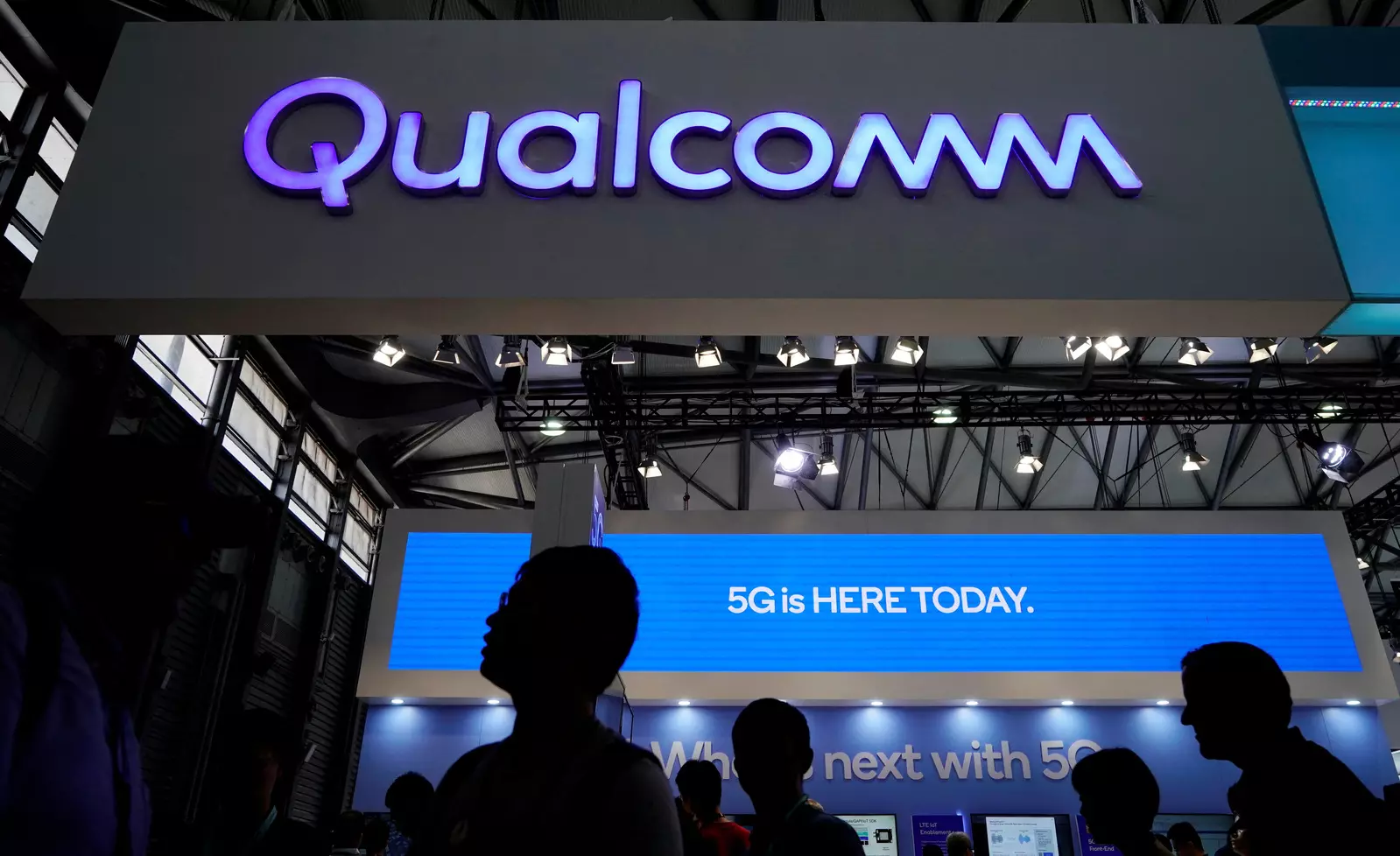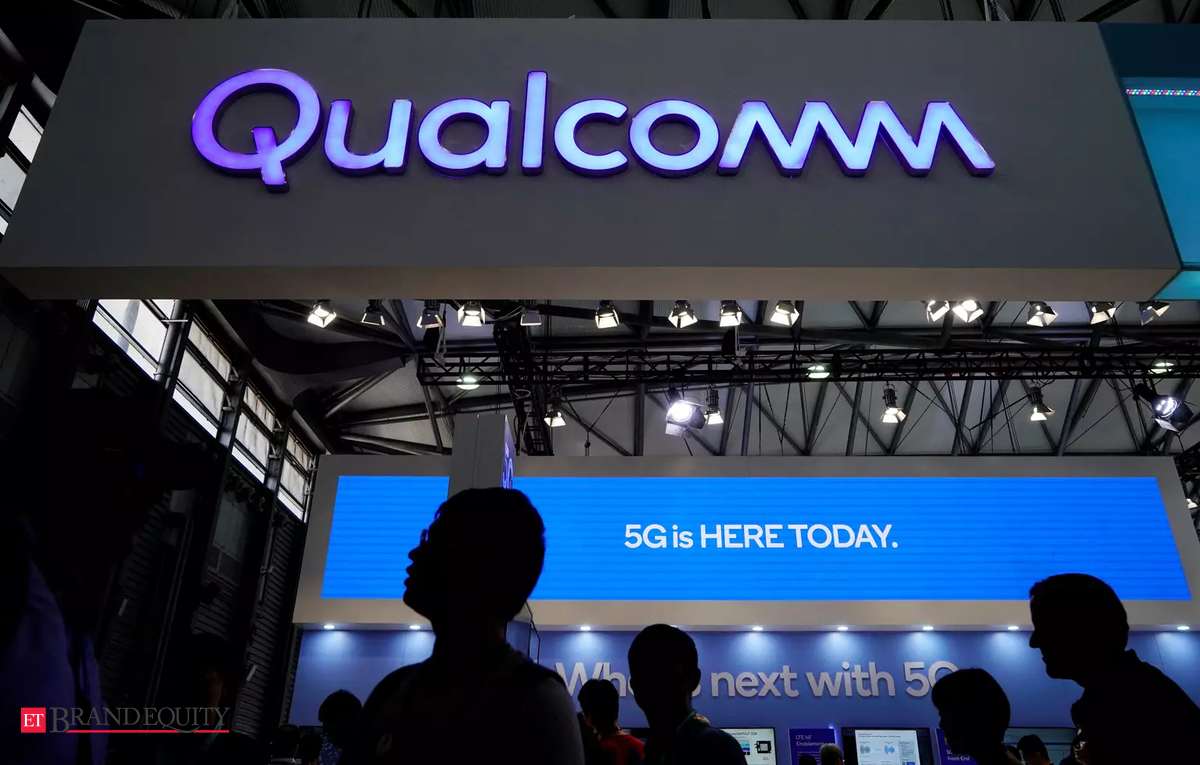[ad_1]

Qualcomm on Tuesday defeated a consumer lawsuit in California federal court alleging the chipmaker’s contracts with device manufacturers had artificially boosted the cost of mobile phones in violation of U.S. antitrust law.
U.S. District Judge Jacqueline Scott Corley in San Francisco ruled for Qualcomm on the merits of the case in a 15-page order, marking the latest setback for the plaintiffs in a long-running dispute that challenged the company’s patent licensing and exclusive-dealing chip agreements with Apple and other manufacturers.
Qualcomm prevailed in 2020 against the U.S. Federal Trade Commission’s parallel lawsuit that alleged the same conduct. The San Francisco-based 9th U.S. Circuit Court of Appeals spurned the agency’s claims.
The judge said in Tuesday’s order that the consumer plaintiffs were trying to amend or revive matters of evidence that stemmed from a prior stage of the case and had since closed.
A ruling favoring the plaintiffs, the judge said, “would open the flood gates to prolonged do-over litigation.” Corley wrote that “the court, in its discretion, chooses not to do so.”
Joseph Cotchett, an attorney for the consumers, said they disagreed with the court’s order and planned to appeal it.
In a statement, Qualcomm general counsel Ann Chaplin said Corley’s rulings have “fully disposed” of the plaintiffs’ claims.
Qualcomm has denied any wrongdoing and had asked the judge to reject the consumers’ claims.
The consumers’ case was in Corley’s court following a 9th Circuit ruling in 2021 that struck down an order certifying a nationwide consumer class action.
In January, Corley dismissed core antitrust elements of the plaintiffs’ claims but let the case move forward.
Lawyers for Qualcomm argued the plaintiffs had no evidence in the record of the case showing that “any alleged exclusive dealing agreement” harmed consumers.
The consumers’ lawyers told Corley that “Qualcomm turns a blind eye to the massive evidentiary record” backing the consumers’ allegations of exclusive dealing.
Corley said the plaintiffs should not get a new chance and “more years of overly expensive litigation” to pursue a different opinion on Qualcomm’s alleged liability than one that had been alleged earlier.
[ad_2]
Source link






